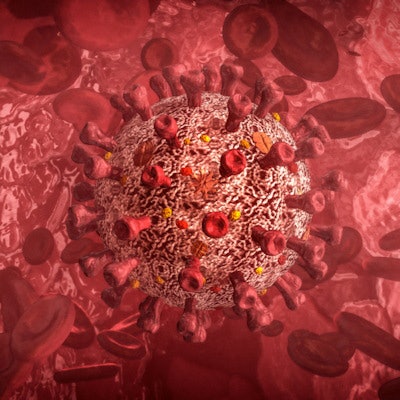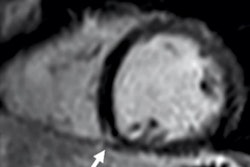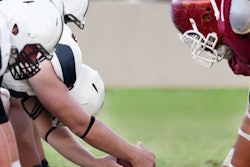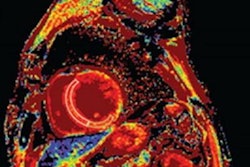
In a report published September 3 in the Centre Daily Times of State College, PA, Penn State University's director of athletic medicine, Dr. Wayne Sebastianelli, said that more than 30% of Big Ten athletes who tested positive for COVID-19 were found on cardiac MRI to have heart inflammation, or myocarditis.
Sebastianelli made this statement at an August 31 meeting with the State College Area school board of directors, which was trying to determine how to proceed with high school athletics for the fall.
"When we looked at our COVID-positive athletes, whether they were symptomatic or not, 30% to roughly 35% [had inflamed heart muscle]," Sebastianelli told the board. "And we really just don't know what to do with it right now. It's still very early in the infection."
In additional remarks, Sebastianelli cautioned that the scope of secondary effects of COVID-19 disease remain unclear.
"You could have a very high-level athlete who's got a very superior VO2 max and cardiac output who gets infected with COVID and can drop his or her VO2 max and cardiac output just by 10%, and that could make them go from elite status to average status," he said during the meeting. "We don't know how long that's going to last. What we have seen when people have been studied with cardiac MRI scans -- symptomatic and asymptomatic COVID infections -- there's a level of inflammation in cardiac muscle that is alarming."
However, later on September 3, Penn State sought to clarify Sebastianelli's comments via a statement issued to ESPN's Kyle Bonagura and posted on Twitter.
"Dr. Sebastianelli was asked by a local school board to discuss high school preparations and precautions for holding sporting events during the pandemic and the potential impact of COVID-19 on the health of student-athletes," the university said. "During his discussion with board members, he recalled initial preliminary data that had been verbally shared by a colleague on a forthcoming study, which unbeknownst to him at the time had been published at a lower rate. The research was not conducted by Dr. Sebastianelli or Penn State. Dr. Sebastianelli wishes to clarify this point and apologize for any confusion."
The misunderstanding erupted just weeks after the Big Ten Conference announced the postponement of the 2020-2021 fall sports season due to the COVID-19 pandemic.
"The mental and physical health and welfare of our student-athletes has been at the center of every decision we have made regarding the ability to proceed forward," Big Ten Conference Commissioner Kevin Warren said.





















